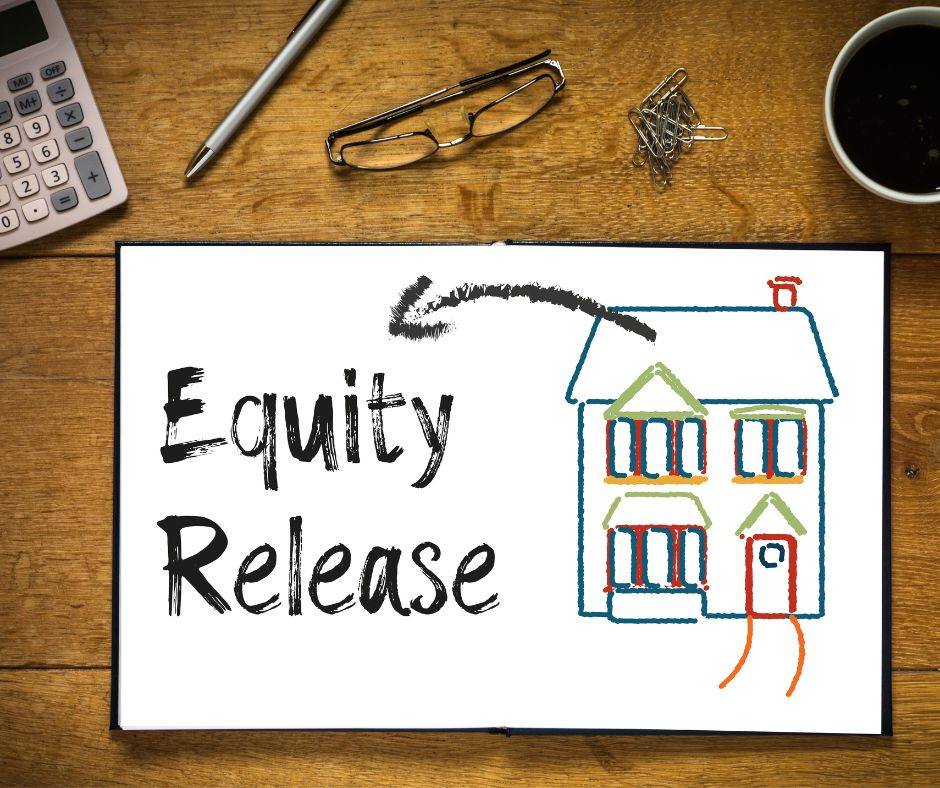Kleines, völlig neues Elektroauto für Rentner – Der Preis könnte Sie überraschen!
Melhor App Para Comprar Carros Usados e Economizar Tempo
Revolutionizing Bathroom Safety: The Latest Innovations in Walk-In Bathtubs for Seniors
13 Kostenlose KI-Bildgeneratoren, die Ihr Business voranbringen
Melhores Carros Usados por Menos de R5.000 com Espaços Amplos
7 Opções de Carros Usados com Grande Porta-Malas até R$ 60 Mil
How to Choose the Right Insurance Policy?
When it comes to choosing insurance, the options can seem overwhelming. Whether it's for your health, car, or home, the right coverage can make a difference in times of crisis. However, selecting affordable and comprehensive coverage can take time and effort. In this guide, we will walk you through the essential steps to ensure you make an informed choice.
When it comes to choosing insurance, the options can seem overwhelming. Whether it's for your health, car, or home, the right coverage can make a difference in times of crisis. However, selecting affordable and comprehensive coverage can take time and effort. In this guide, we will walk you through the essential steps to ensure you make an informed choice.
Where to Begin Your Search
Utilize Online Comparison Tools
Online tools can be invaluable when you're just starting to find an insurance policy. These platforms can quickly give you a snapshot of the market. They can compare policies side-by-side, showing you the coverage options, premiums, and other details you need. However, while these tools are efficient, they often provide a generic overview and may not consider your circumstances.

The Human Touch: Consult Insurance Agents
While online tools are convenient, they lack the personal touch you can get by speaking directly with insurance agents. Agents can offer you customized advice tailored to your specific needs and lifestyle. Their expertise in insurance policy tips can help you select coverage that provides the best value for your money.
Reach Out to Friends and Family
Another often overlooked strategy in the early stages of finding the right policy is consulting your network. Friends and family who have chosen insurance can provide firsthand accounts of their experiences with different providers, helping you make a more informed decision.
Use Multiple Channels for Research
In summary, a balanced approach is essential. Utilize online platforms to get a general sense of what's available, but also engage in one-on-one discussions with insurance agents for more tailored advice. Using multiple channels for your research makes you more likely to find a comprehensive insurance policy that meets all your needs.
Delving into the Details
Consider Your Individual Needs
Every insurance policy offers a range of coverage options, so consider your specific needs when selecting coverage. Are you a homeowner? You should be looking into natural disaster coverage. Do you have a history of health issues? Then, a comprehensive health insurance policy might be what you need.
Policy Limitations and Exclusions
A critical point in insurance policy tips is to scrutinize the limitations and exclusions of the policy. These are areas where the policy won't cover you, and knowing them ahead of time can save you from unexpected financial setbacks.
Additional Perks and Benefits
Many insurance providers offer added perks like free roadside assistance for auto insurance or free wellness check-ups for health policies. While finding the right approach, pay attention to these extras, as they can bring considerable value.
Making the Final Decision
● Assess the Cost-to-Benefit Ratio: When you're close to choosing insurance, weigh the costs against the benefits. You might need to find a middle ground if a policy has excellent coverage but is outside your budget.
● Check Customer Reviews and Ratings: When finding the right policy, looking at customer reviews and ratings is wise. They provide valuable insights into the company's claim processing times, customer service, and overall reliability.
● Always Read the Fine Print: Understand all terms and conditions before signing on the dotted line.
The Significance of a Provider's Financial Health
The financial stability of your insurance provider serves as a backbone to your peace of mind. When laying down your hard-earned money for a sense of security, you want to be sure that the company will be there when you need it the most.
Evaluating Financial Ratings
These ratings give you a quick insight into the company's financial health. A high rating indicates that the company is financially sound and less risky from an investment standpoint.

Consequences of Overlooking Financial Stability
If you overlook the financial stability of your insurance provider, you could be taking a gamble. A company in poor financial health may need help paying out claims, leading to stressful situations for policyholders. This is an important consideration and one of the most crucial insurance policy tips you can adhere to.
By keeping a keen eye on the financial status of your prospective insurance provider, you're taking an essential step in finding the right policy. It ensures that the company you select for coverage will have the necessary resources to assist you in your time of need.
After You've Signed: Staying Informed and Prepared
Regularly Update Your Policy Information
After choosing insurance, the journey continues. Life changes, such as moving to a new home or adding a member to your family, can impact your insurance needs. Keep your information up-to-date to ensure you get the most out of your coverage. Please update your information to avoid complications when making a claim.
The Importance of Routine Check-Ups
Regularly reviewing your insurance policy is vital. Markets change, and new, more competitive options may arise. This check-up allows you to adapt to unique circumstances and make the most of insurance policy tips you come across.
Making Claims: Know the Procedure
Understanding the claim process is often overlooked but crucial in finding the right policy. Before you sign, inquire about how claims are handled, the documentation needed, and the estimated time for processing.
Keeping an Eye on Premium Fluctuations
Insurance premiums are not set in stone. They can fluctuate due to factors like inflation, policy changes, or changes in your personal life. Stay informed about these fluctuations to avoid unexpected costs.
Conclusion
Choosing the right insurance policy doesn't have to be complicated. You can make an informed decision by conducting thorough research, considering your needs, and being aware of the fine print. This insurance policy tips the next time you find yourself in the process of selecting coverage. With the proper knowledge and tools, finding the right approach that suits your needs can be straightforward and stress-free.









